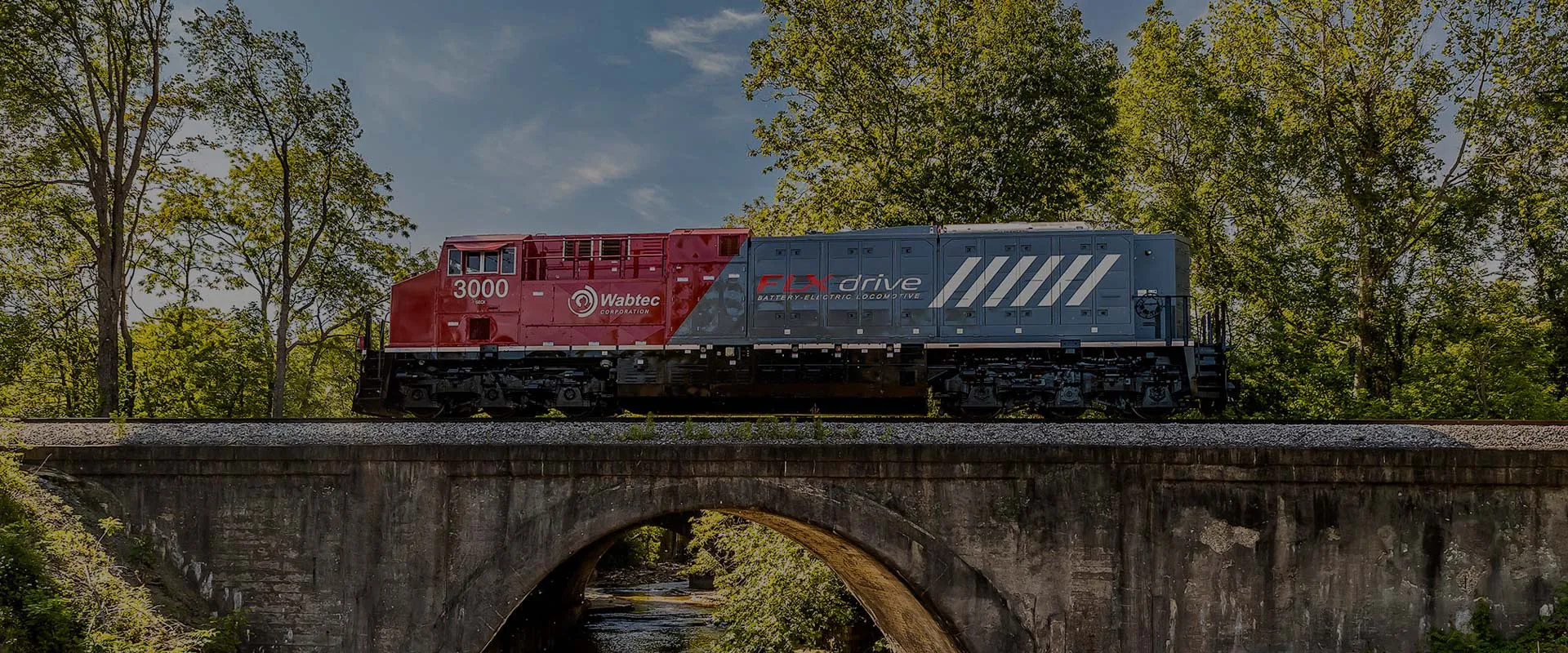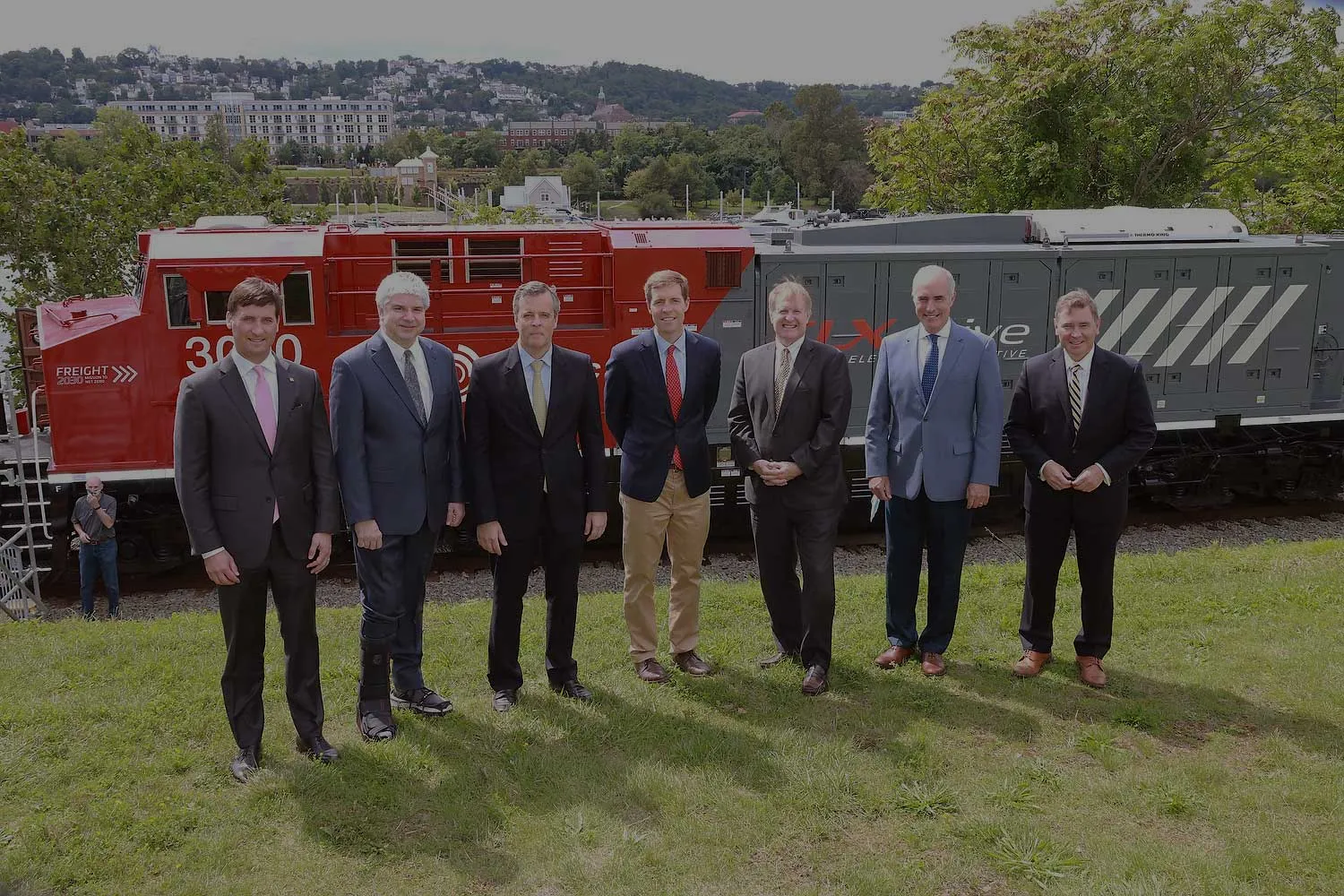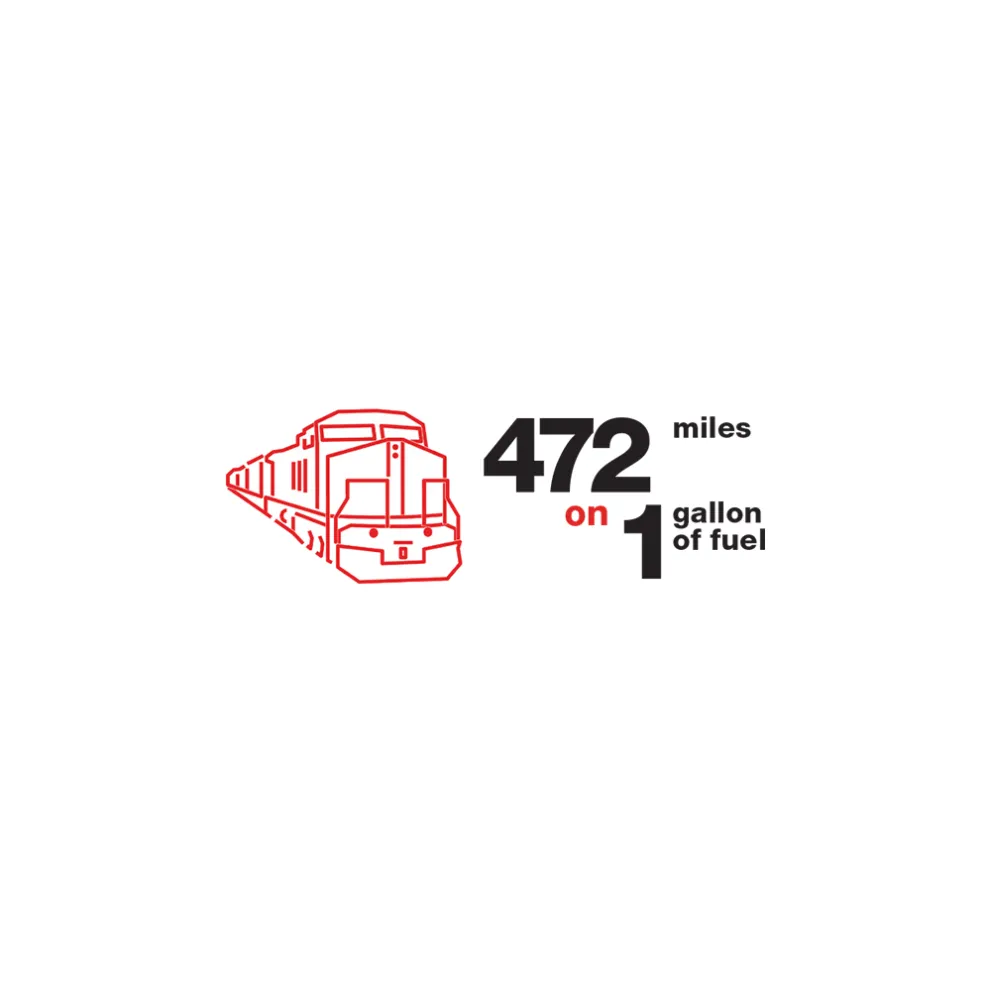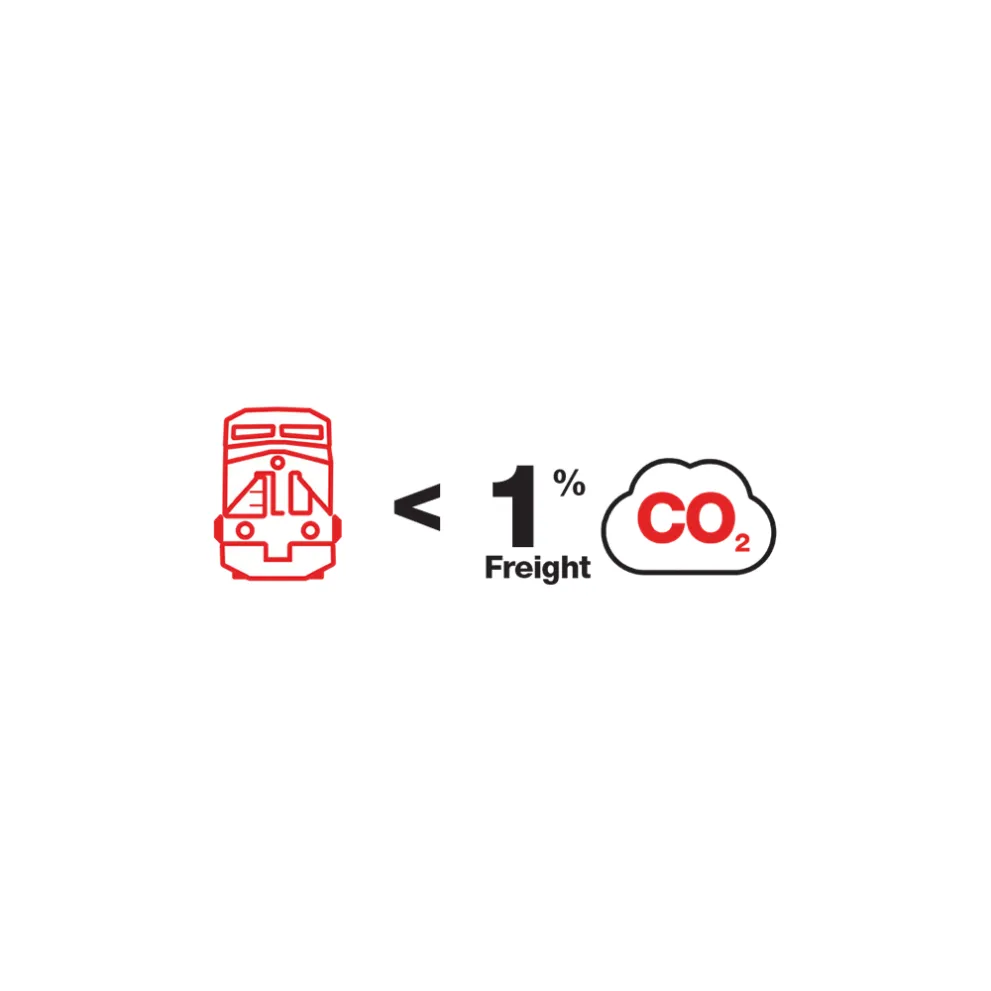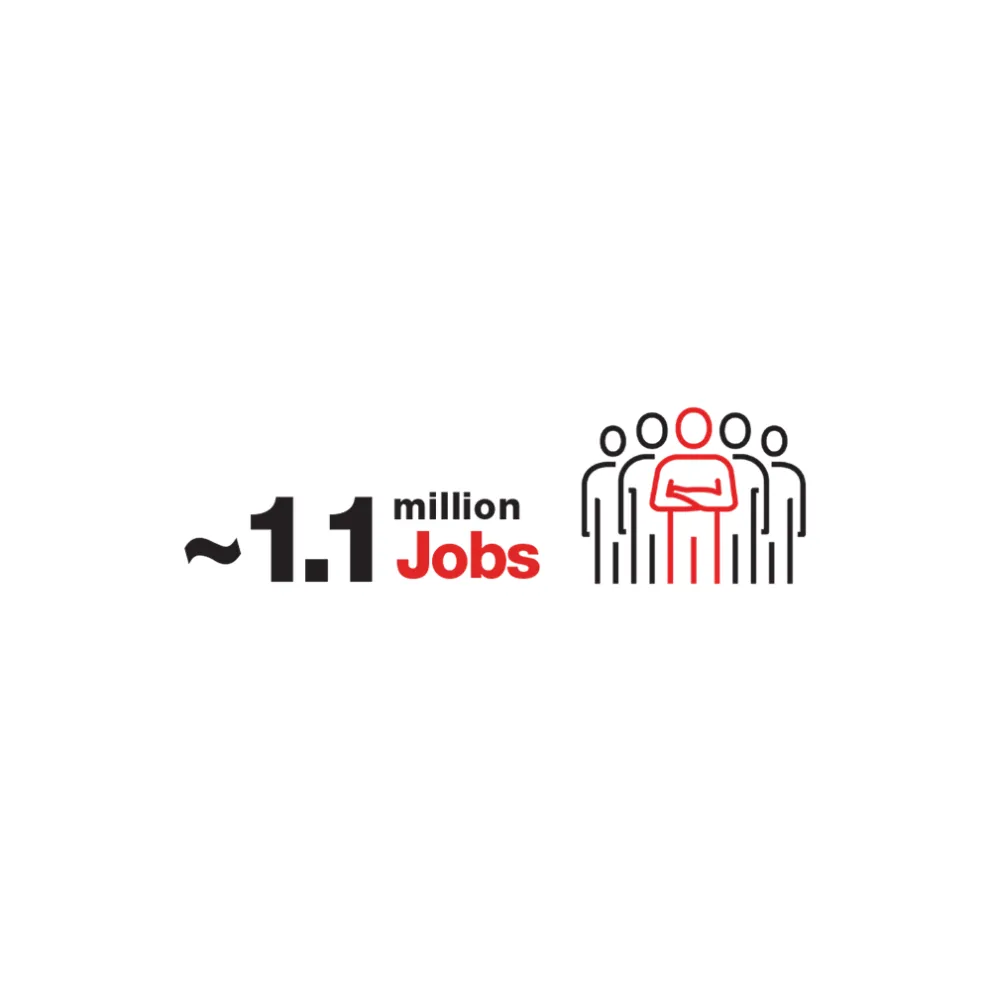To bolster the Freight 2030 vision of a competitive and sustainable North American freight transportation network, Wabtec, Carnegie Mellon University, and Genesee & Wyoming railroad propose the creation of a public-private partnership to create a Freight Rail Innovation Institute.
Freight 2030 seeks to ensure U.S. leadership in the decarbonization of freight rail while improving safety, increasing freight utilization and stimulating job creation in the transportation industry. Freight 2030 will drive breakthrough research in renewable energy technologies and propel the advanced manufacturing of zero-emission battery and hydrogen hybrid locomotives.
In addition, it will integrate advances in technology for safety and capacity improvements. Increasing capacity, means more freight will be moved on existing rail lines, which in turn means more jobs in train yards, maintenance shops and factories manufacturing green locomotives.
The goal of the initiative is to eliminate over 300 million tons of CO2 annually across the globe (over 100 million tons of CO2 annually in North America) and enable the creation of over 250,000 jobs.
The Institute will be a non-profit entity working in partnership with a diverse set of educational institutions, rail and locomotive sector stakeholders, National Laboratories, and energy technology and supply chain companies. It will advance early stage fundamental research through rapid prototyping and enable the manufacturing and testing of a zero-emissions train pulling over 6,000 tons (~50 freight cars) running for 200 miles in revenue service. The initiative will include a future of work focus to create training and education programs to support the current and future rail workforce.
The Institute will also allow the U.S. to become the leader in eliminating GHG emissions from freight transport ahead of others – including China and Europe, as well as become an exporter for the world.
Accelerating a transition to a more utilized, efficient, and GHG-free rail network is within reach.
Let’s build the future of freight rail together.

